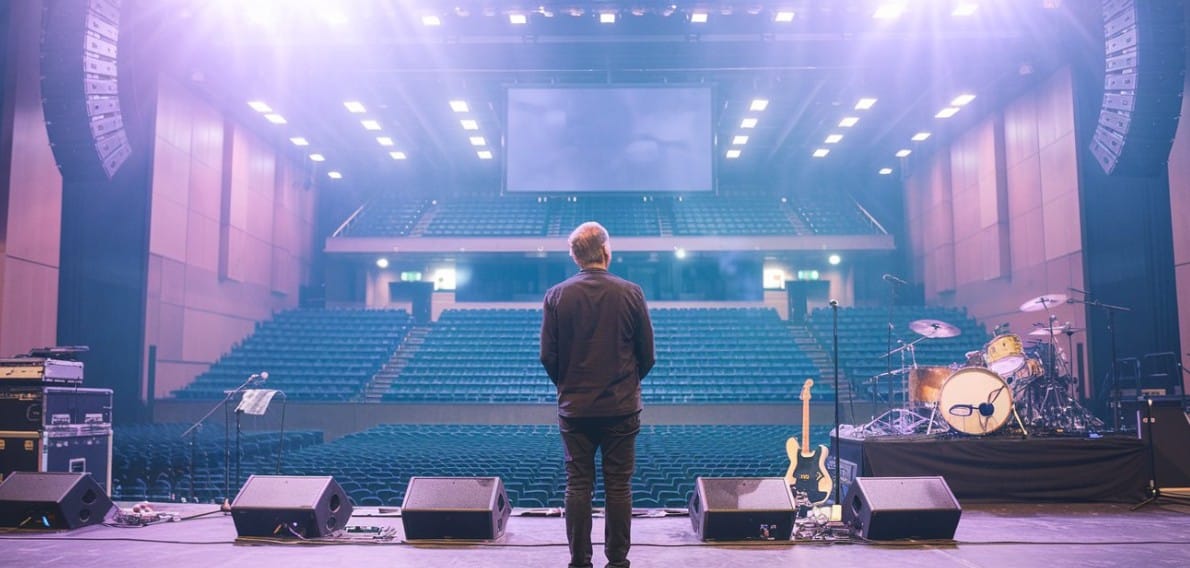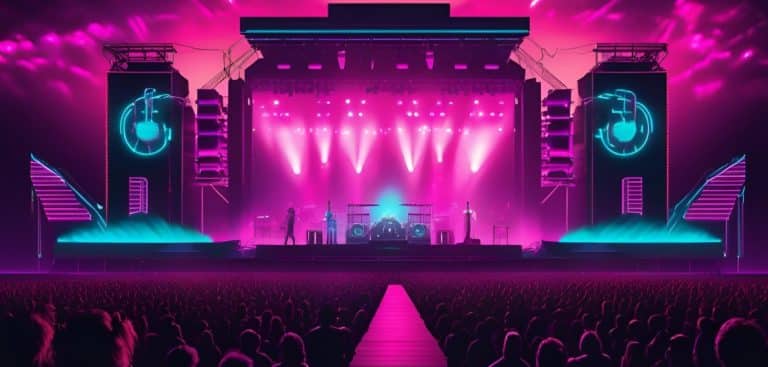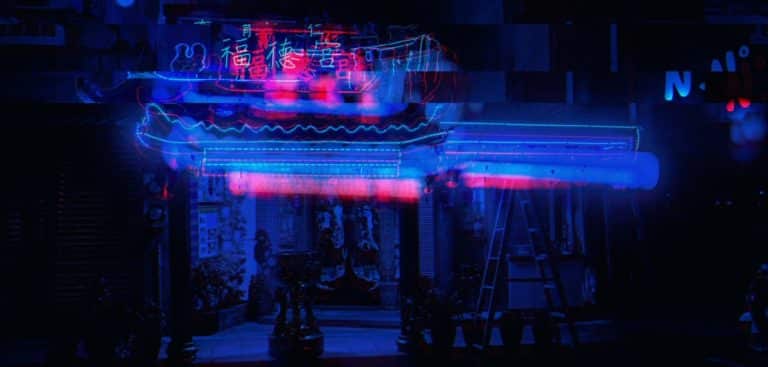As the music industry continues to evolve, the role of a touring artist manager has become more complex and multifaceted. From coordinating logistics to managing financials and ensuring the artist’s well-being, artist managers are the backbone of any successful tour. Whether you’re new to the role or a seasoned professional, this essential guide will equip you with the knowledge and strategies to effectively manage touring artists and ensure their tours run smoothly.
In this guide, we’ll cover everything from pre-tour preparation to on-the-road management, with tips and insights on how to handle the unique challenges that come with touring.
Essential Guide for Touring Artist Managers: Pre-Tour Preparation and Laying the Groundwork
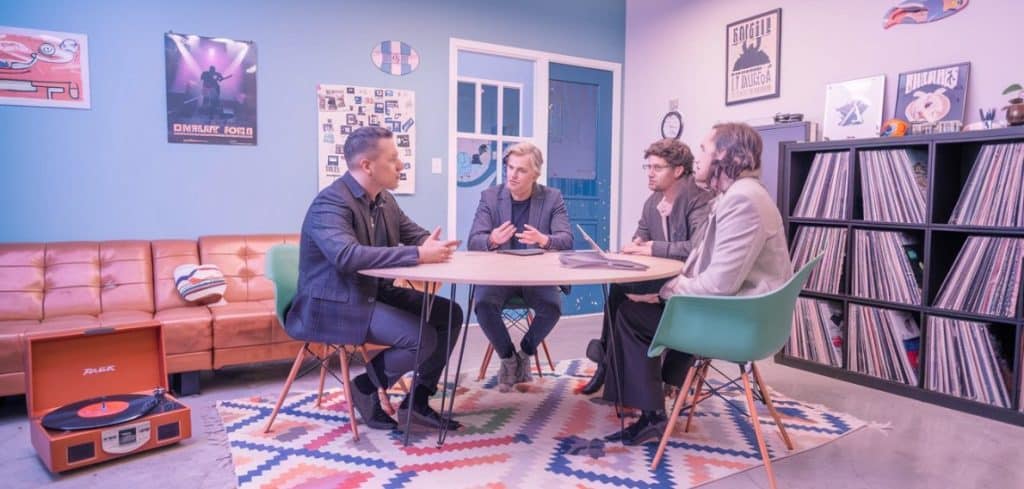
A successful tour begins long before the first show. Proper preparation, including effective artist management, is key to organizing and executing successful tours. This involves minimizing stress, avoiding costly mistakes, and ensuring the artist’s vision for the tour is realized. Here’s how to get started:
Understanding the Role of a Tour Manager
A tour manager plays a pivotal role in the live music industry, ensuring that every aspect of a concert tour runs smoothly. From overseeing logistics and finances to managing the tour crew and liaising with venue managers, the tour manager is the linchpin that holds the entire operation together. Their primary goal is to bring the artist’s vision to life while maximizing revenue and minimizing risks.
Tour managers are responsible for a wide array of tasks, including planning and coordinating logistics, managing the tour budget, and ensuring the well-being of the artist and crew. They must be adept at thinking on their feet, troubleshooting problems, and making quick decisions to keep the tour on track.
Collaboration is key in this role. Tour managers work closely with booking agents, promoters, and venue managers to ensure that every detail is meticulously planned and executed. Effective communication with the artist and their team is also crucial to ensure that everyone is aligned and working towards the same goals.
Beyond logistics and finances, tour managers also handle the creative aspects of the tour. They work with the artist to develop setlists, coordinate with lighting and sound technicians, and ensure that the overall production meets high standards.
In essence, the role of a tour manager is complex and multifaceted, requiring a unique blend of logistical, financial, and creative skills. They are indispensable to the success of concert tours and play a critical role in the music industry.
Qualifications and Skills for Tour Managers
To excel as a tour manager, one must possess a unique combination of skills and qualifications. Here are some of the key attributes required for the job:
- Educational Background: A bachelor’s degree in music business, music industry studies, or a related field is highly desirable. This educational foundation provides a solid understanding of the music business and its intricacies.
- Practical Experience: Hands-on experience in the music industry, whether through internships or related roles, is essential. This practical knowledge helps tour managers navigate the complexities of live music events.
- Communication Skills: Strong communication and interpersonal skills are critical. Tour managers must effectively interact with artists, venue managers, and other industry professionals to ensure smooth operations.
- Organizational Skills: Excellent organizational and logistical skills are a must. Tour managers need to coordinate complex schedules and logistics, ensuring that everything runs like clockwork.
- Financial Management: Proficiency in managing budgets and financial planning is crucial. Tour managers must ensure that the tour is financially viable and that all expenses are accounted for.
- Creativity and Problem-Solving: The ability to think creatively and solve problems on the fly is invaluable. Tour managers often face unexpected challenges and must come up with innovative solutions quickly.
In addition to these skills, tour managers must be able to work well under pressure, be flexible and adaptable, and have a keen attention to detail. These attributes are essential for managing successful tours in the dynamic music industry.
Establish a Tour Budget and Financial Plan
One of the first tasks for any artist manager in overseeing an artist’s career is to create a detailed budget for the tour. This includes estimating income from ticket sales, merchandise, and sponsorships, as well as accounting for expenses such as travel, accommodation, per diems, equipment rental, crew wages, and marketing.
- Revenue Projections: Work with promoters and the booking agent to estimate ticket sales and merchandise revenue. Factor in additional income from sponsorships or other partnerships.
- Expense Breakdown: Include all anticipated costs, such as transportation (flights, buses, vans), hotel accommodations, catering, venue fees, production costs (sound and lighting), and crew wages.
- Contingency Fund: It’s important to set aside a contingency fund for unexpected expenses. Touring can be unpredictable, and having a financial cushion can save you from headaches down the road.
Consider a powerful platform like Ticket Fairy for your event ticketing and to manage your event, allowing for large teams to be assigned to individual tracking, with permission control for tiered access and more. This makes tracking everything from ticket sales to gate access simple and seamless.
Book and Confirm the Tour Schedule

Once the budget is in place, you’ll need to work with the booking agent and promoter to finalize the tour dates and venues. Confirm everything, including show times, sound checks, and off-days.
Many tour managers navigate career progression and salary expectations in the industry by leveraging their experience and qualifications to secure better opportunities and higher earnings.
- Route Planning: Ensure the routing of the tour makes logistical sense, minimizing travel time and costs between cities. Pay attention to the artist’s health and rest needs by allowing adequate off days or travel buffers.
- Tour Contracts: Double-check the contracts with promoters, agents, and venues to ensure that all terms, including payments, accommodations, and responsibilities, are clearly outlined.
Prepare the Artist’s Tour Crew
An artist’s tour team is essential to the smooth running of a tour. The manager should ensure that key roles are filled and everyone understands their responsibilities.
- Crew: This typically includes a tour manager, sound engineer, lighting technician, roadies, and sometimes a production manager. Ensure you’ve hired reliable and experienced crew members who work well together.
- Security: Depending on the artist’s profile, you may need to arrange security personnel for personal protection, especially in larger venues or when touring internationally.
- Travel Agents & Drivers: For international tours, a reliable travel agent or tour bus company is essential for booking flights, buses, and accommodations. Consider partnering with professionals who specialize in the touring industry.
Marketing and Promotion
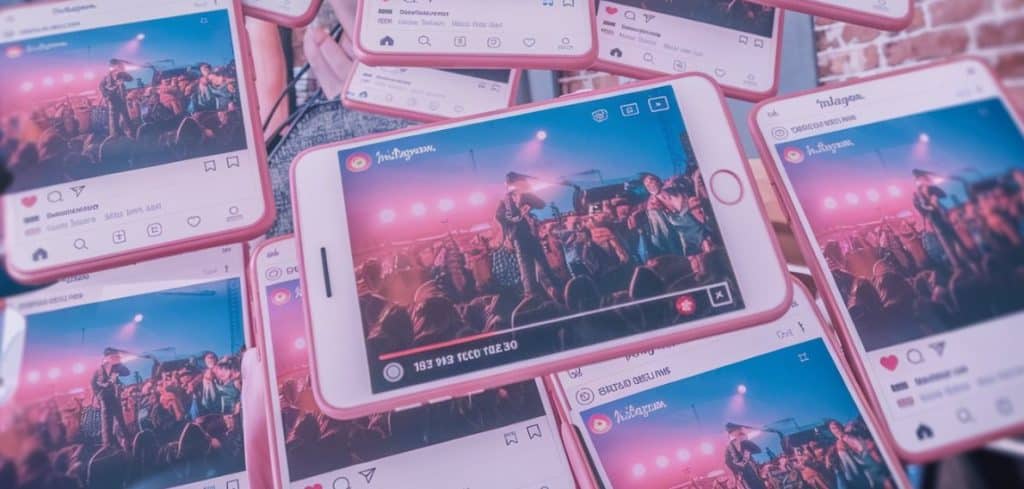
It’s crucial to work with the artist’s publicist and marketing team to ensure that the tour is well-promoted in advance, as this is a vital part of their music career. This includes coordinating press releases, social media campaigns, ticket pre-sales, and local marketing efforts.
- Social Media & Digital Campaigns: Create a robust social media strategy to engage fans leading up to the tour. This includes tour announcements, behind-the-scenes content, ticket giveaways, and live updates during the tour.
- Collaborations with Sponsors and Partners: If the tour has sponsors, work closely with them to integrate their branding into marketing efforts. They can also help promote the shows to a wider audience.
- Media Appearances: Help the artist secure interviews or media appearances in major markets. Work with their publicist to coordinate press releases, radio interviews, and TV spots to drive ticket sales.
On-the-Road Tour Management: Keeping Everything Running Smoothly
Once the tour is underway, it’s the artist manager’s responsibility to ensure that everything runs like clockwork. From logistics to personal well-being, here’s how to manage day-to-day operations:
Music festivals play a crucial role in tour planning and strategy. Major festivals serve as priority shows for artists, significantly impacting their promotional strategy and audience reach, especially for independent or emerging musicians. Performances at these festivals can greatly enhance an artist’s visibility in the music industry.
Oversee Daily Operations
While the tour manager takes care of on-the-ground logistics, the artist manager should be involved in overseeing operations to ensure everything aligns with the overall goals of the tour. Music industry executives are often influenced by live music events, which provide significant promotional opportunities for artists. These events can introduce artists to new audiences and key figures in the industry, offering both financial benefits and valuable connections.
- Monitor Schedules: Ensure that the artist arrives on time for sound checks, rehearsals, and performances. A clear itinerary is crucial for keeping everything on track.
- Delegate Tasks: Trust the tour manager and other team members with day-to-day operations but stay informed about any potential issues. A good manager knows when to step in and when to delegate.
- Artist Well-being: Touring can be physically and mentally demanding, so keep a close eye on the artist’s health and morale. Ensure they have time to rest, recover, and decompress between shows. Help them maintain a balanced routine by managing sleep, diet, and exercise.
Also Read: The Do’s and Don’ts Of A Smooth Artist Meet-And-Greet
Logistics and Travel Management
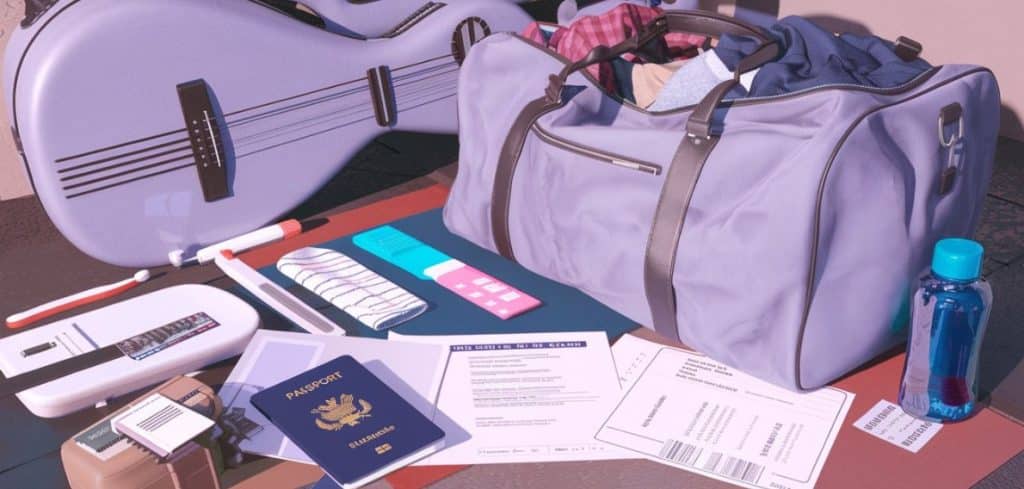
Managing logistics is one of the most important aspects of a touring artist’s career. Travel, transportation, and accommodations need to be seamless to keep everything running smoothly.
- Travel Plans: Double-check all flight, bus, and hotel bookings. Ensure that travel time between cities is well-planned and that accommodations are appropriate for the artist’s needs. Consider proximity to the venue, quality of hotels, and any special requirements.
- Packing & Equipment: Make sure all essential equipment (instruments, sound gear, stage props) is packed and ready for travel. Work with the production team to ensure that all technical requirements are met at each venue.
- Food & Catering: Arrange for meals that align with the artist’s preferences, dietary restrictions, and health goals. Some artists may have a specific nutrition plan that needs to be followed during the tour.
Addressing Emergencies and Problem-Solving
Problems are bound to arise on the road, whether it’s a last-minute cancellation, equipment failure, or an issue with a venue. As the manager, it’s your job to be a calm and quick problem-solver.
- Contingency Plans: Always have a backup plan for things like transportation delays, equipment malfunctions, or illness. Work with the tour manager to have contingency arrangements in place.
- Handling Crises: If something goes wrong, stay calm and communicate effectively with the team. Ensure that the artist’s well-being is prioritized while you find a solution.
- Legal Issues: Ensure that any legal disputes, whether related to contracts, payments, or intellectual property, are handled swiftly and professionally.
Also Read: Event Cancellation Insurance: A Complete Guide to How it Works & What it Covers
Tools and Equipment for Tour Managers
Tour managers rely on a variety of tools and equipment to ensure the smooth execution of a tour. Here are some of the key resources they use:
- Software and Apps: Tour management software, accounting software, and communication apps are indispensable for managing logistics, finances, and communication. These tools help streamline operations and keep everything organized.
- Hardware: Laptops, tablets, and smartphones are essential for accessing software, communicating with the artist and crew, and managing day-to-day tasks. These devices are the backbone of a tour manager’s toolkit.
- Paperwork and Documentation: Contracts, riders, and itineraries are critical for ensuring that all aspects of the tour are well-planned and executed. Proper documentation helps avoid misunderstandings and keeps everyone on the same page.
- Communication Devices: Two-way radios and headsets are used to maintain clear communication with the artist and crew during shows. These devices are vital for coordinating real-time operations.
- Financial Management Tools: Budgeting software and accounting spreadsheets are used to manage the tour budget and ensure financial success. These tools help track expenses and revenue, providing a clear financial picture.
In addition to these tools, tour managers must also be familiar with various equipment used in live music production, such as lighting and sound consoles. This knowledge ensures that the overall production is of high quality and meets the artist’s standards.
Post-Tour Wrap-Up: Evaluating Success and Preparing for the Future

After the final show has been performed and the artist is heading home, the work is far from over. A thorough post-tour wrap-up is essential for evaluating the success of the tour, handling finances, and preparing for future projects.
Financial Reconciliation
Once the tour concludes, the manager should review and finalize all financial aspects, ensuring that the artist and crew are paid appropriately and that all expenses are accounted for.
- Expense Tracking: Review all receipts and ensure that every cost is reconciled with the original budget. Handle any outstanding invoices and ensure timely payment to contractors and crew.
- Revenue Report: Work with the booking agent and promoter to calculate the tour’s earnings, including ticket sales, merchandise, and sponsorship revenue. Make sure that all revenue is accurately tracked and distributed.
Review Tour Performance
Analyze the overall performance of the tour to see what went well and what can be improved. This includes evaluating attendance, ticket sales, artist satisfaction, and team performance.
- Feedback from the Team: Have a debrief with the tour manager, crew, and any other team members to assess what worked and what could be improved.
- Artist Feedback: Check in with the artist to gauge their satisfaction with the tour. Was it a success for them personally and professionally? What lessons can be learned for the next one?
A ticketing platform such as Ticket Fairy will make the process of collecting and evaluating data after your event extremely easy. With unique features such as tour hosting, segregating data for several shows can help you get a clear understanding of how each show performed and identify areas for improvement and all-time highs.
Also Read: Top Event Ticketing Platforms in 2024: Which One’s Best for Your Events
Planning for the Next Step
After a successful tour, it’s time to plan ahead. Whether the artist plans to release new music, embark on another tour, or take a break, the manager should be proactive in charting the next phase of their career.
- Strategic Planning: Set new goals for the artist’s career, whether it’s increasing social media engagement, collaborating with other artists, or preparing for new releases.
- Fan Engagement: Continue to engage with fans by posting highlights from the tour, releasing exclusive content, or promoting upcoming projects.
Touring is a demanding yet rewarding experience for both artists and managers. As an artist manager, your role is to ensure that everything runs smoothly — from planning and logistics to problem-solving and after-tour evaluation. By staying organized, communicating effectively with the team, and prioritizing the well-being of the artist, you can help create a successful and unforgettable tour.
While challenges are inevitable, proper planning, preparation, and flexibility are your greatest assets in managing a touring artist. With the right strategies in place, you can make each tour a success and set the foundation for even greater opportunities in the future.
Career Development for Tour Managers
Career development is crucial for tour managers, as the music industry is ever-evolving. Here are some strategies for advancing in this dynamic field:
- Continuing Education and Training: Attending industry conferences, workshops, and training sessions is essential for staying current with the latest trends and technologies. Continuous learning helps tour managers stay ahead of the curve.
- Networking: Building relationships with other industry professionals, such as booking agents, promoters, and venue managers, is vital for finding new opportunities and advancing one’s career. Networking opens doors to new collaborations and projects.
- Seeking New Challenges: Taking on new roles or working with different artists can provide valuable experience and help tour managers grow professionally. Embracing new challenges fosters career growth and development.
- Building a Strong Reputation: A track record of successful tours and a strong professional reputation are critical for career advancement. Consistently delivering high-quality work builds trust and credibility in the industry.
- Staying Flexible and Adaptable: The music industry is constantly changing, and tour managers must be able to adapt to new ideas and approaches. Flexibility and openness to change are key to long-term success.
By following these strategies, tour managers can develop their careers and achieve success in the music industry. Staying organized, focused, and proactive will help them navigate the challenges and opportunities that come their way.
You May Also Like:
10 Hidden Costs to Budget for an Event
The Essentials Of Planning An Enticing Event Itinerary
Why Event Organizers Need To Be Aware Of The Best Innovations In Live Sound
